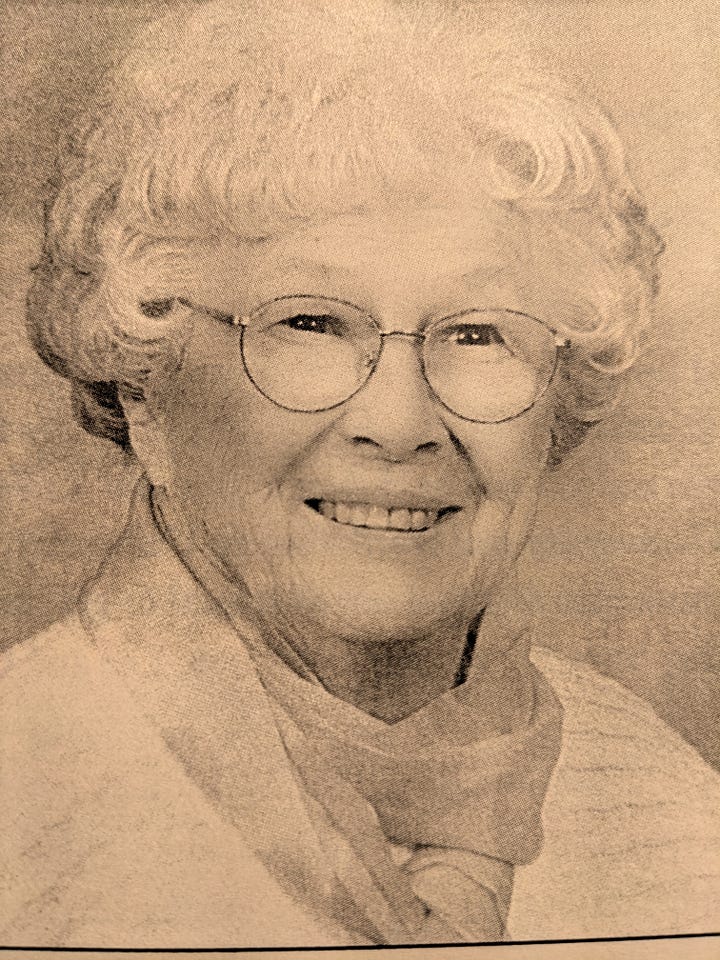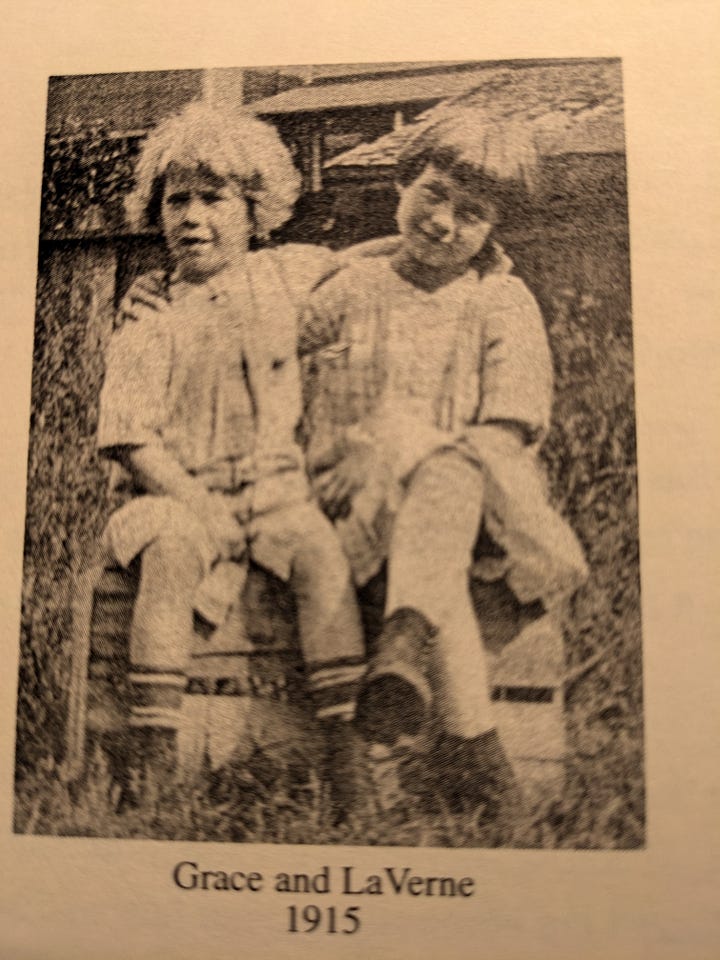We all have countless memories in our memory banks. Everyone has a mixture of positive, negative and insignificant memories waiting for retrieval.
Some illnesses cause memories to be mixed up, confused and lost and I'm not addressing that.
Whatever state your patient’s memories are in, they can be mined and used to keep the person inside the sick body alive.
When Andy was at his most disabled, I found and shared photographs with him from other times of our life together. This is easy if you are giving care to a relative and a strategy to explore if not. I found it helpful to "post" photos around our home, on the refrigerator and in places where Andy would see them. If photo albums are available they can be taken out and used as memory triggers or evidence of a life lived before the disease.
The point is not to show the patient that they used to have such a wonderful life and now it's over.
NO, NO, NO... My grandmother, the same one who dropped her cane, complained to me, "I don't understand why people treat me as if I'm only 85 years old. Yes, I'm 85 but I'm also all the other ages up to 85. I'm 14 and 22 and 38 and 57. All those ages are still part of who I am but the world seems to forget that and I'm often treated like a diminished person who's only 85, instead of celebrated with acknowledgment of ALL my years." She makes a great point and memories are one way to access and celebrate that whole person.


My Nana at age 90 (and ALL ages up to 90) and age 6 with her sister on the left
Being a patient and being a caregiver are both opportunities to shift from an outdated paradigm to a more useful concept of illness, exploring what illness means and what it doesn't mean. My own experience has shown me that even in the most severe cases of dementia there is still a person inside that sick body/mind longing to be recognized. In Andy's case dementia was not an issue for many years, but being overlooked and lost inside a frail shaking body was an issue.
There can be a balance between staying in the present and living with all the memories from a full life lived well.
Taking time to consciously remember the joys and adventures of a lifetime can help maintain contact with the whole person who is presently experiencing illness. I don't suggest living in the past. I know present moment conscious use of memory can enhance the reality of your patient's life. This also reminds the caregiver who it is you are really caring for. When Andy was stuck in his frail shaking body and we'd remember training for the Ironman Triathlon while living in Hawaii, much healing would occur. Our remembrances served to remind him of the physical strength he had once cultivated and he'd be inspired by his own self.
We laughed at our younger selves, during that same period, being audacious enough to purchase a Hobie Cat sailboat on a trailer, but not having enough money for a vehicle to pull it. We remembered hitchhiking with our boat and the characters who'd pick us up and tow our boat to the launching place. We cracked up and our laughter from that memory triggered all sorts of endorphins and inner peace in the present moment.






The interesting thing to build on here - is that neuroscience suggest that we actually don't remember things very well - but the mind demands that you create some story - so I like the idea of making a story that serves you regardless if you remembered it the way it really was.
Such great insights and advice! Nana's photo at age 6 looks so much like photos of you and your siblings at that age!